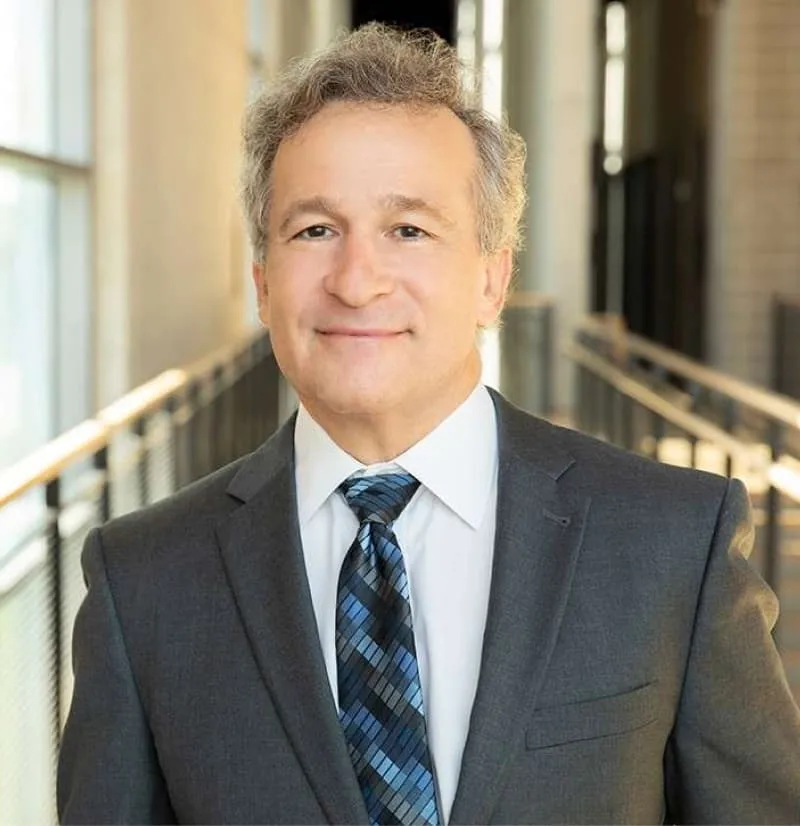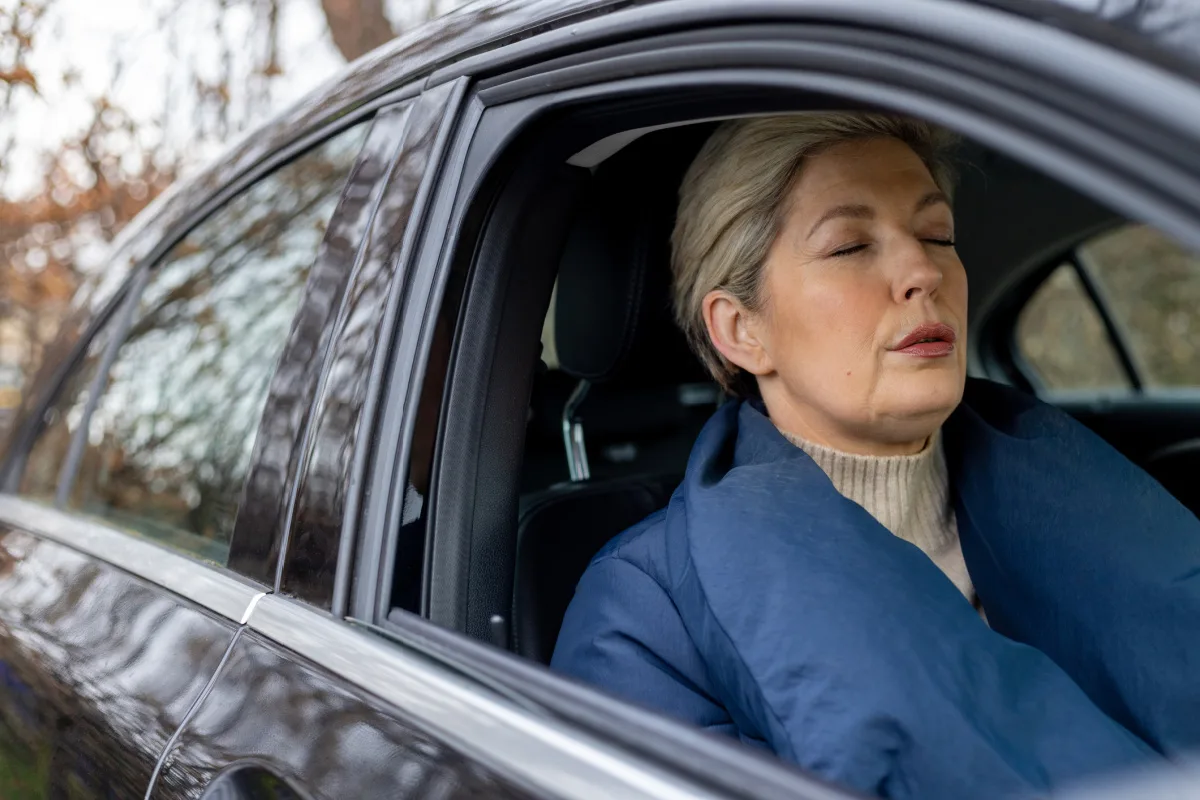Here’s a common joke I heard during my residency.
“What’s the problem with every other night call?”
“You miss half the cases.”
The gist was that the more you saw, the more you did, and the more you learned.
Because it was believed that patient safety suffered in the wake of such extensive hours, the Accreditation Council for Graduate Medical Education (ACGME) restricted the amount of hours residents could work.
The Rules
The rules:
In 2003, the ACGME limited the work weeks of all residents to 80 hours, averaged over 4 weeks, and on-site duty, including in-house call, to shifts of no more than 30 hours. These 30 hours consisted of a maximum 24 straight hours of duty and up to 6 additional hours, designed to give residents time for patient handoffs, outpatient clinics, and didactic activities, among other things.
In 2011, the ACGME restricted first-year residents to shifts of 16 hours, and other residents to 24 hours. For the latter group, “strategic napping…is strongly suggested,” especially after 16 hours of continuous duty and between 10 pm and 8 am. Residents beyond their first year also can be asked to stay after their shift if need be, but not beyond 4 hours.
In 2009, the Institute of Medicine suggested that studies should be performed to see if the change in hours impacted patient safety.
The results
One study just wrapped up and the data is being analyzed. It was called FIRST. Flexibility in Duty Hour Requirements for Surgical Trainees. That study included ~160 hospitals across the country. General surgery residents were randomly assigned to one of two arms. The first was the status quo – embracing the long standing ACGME restrictions. The experimental arm was free to ignore all ACGME restrictions except three: Residents still could not work more than 80 hours a week on average nor take in-house calls more frequently than every third night, and they had to have at least 1 free day per week on average. So, it was possible to have a 30-36 hour shift.
The primary outcome measure is patient death within 30 days. Secondary outcome was serious morbidity.
The second trial is called iCOMPARE. Individualized Comparative Effectiveness of Models Optimizing Patient Safety and Resident Education. This study will address internal medicine residents at 63 hospitals. The experimental group will mirror that of the surgeons in the FIRST study.
The chief investigator of the surgeon study, Dr. Bilimoria, stated “There’s a balance. Sleepy residents may commit errors, but breaks in continuity of care can make for worse patient care.”
Asked whether the experimental study embraced informed consent, Dr. Bilimoria replied that if residents strongly disagreed with the prospect of longer hours, “they could choose to work elsewhere.”
Dr Bilimoria said he has not heard of any complaints from residents in FIRST about extended shifts. Instead, “the enthusiasm among residents and faculty has been high,” because duty-hour flexibility improves patient care, particularly by reducing patient handoffs.
It is undisputed that the more hours you spend in a hospital during a residency the more you will see. And it is presumed you will learn more. The question is whether the benefits outweigh the risks. We’re about to find out.
About Medical JusticeMedical Justice provides comprehensive support for challenges such as preventing frivolous lawsuits, addressing unwarranted refund demands, managing sham peer reviews, and safeguarding your online reputation. Our expert team assists with issues like defamatory reviews, medical board complaints, and notices of intent to sue.
We offer legal protection plans, online reputation management, and consultations for concerns that fall outside of membership coverage (such as board complaints, National Practitioner Data Bank reports, and negotiation on your behalf with patients seeking refunds), with suggested next steps to help you regain control. If you require more hands-on assistance, or if your need falls outside the scope of membership, we can often be engaged for further support. Contact us today to get started by scheduling a consultation with a member of our team.






So, why not look at the work that was done on this project–very scientifically–during the Manhattan Project? We’re rediscovering the wheel. What was shown was that there’s a time beyond which it is impossible to predict who will be able to be effective: sometimes you will be, sometimes not. Before that time has elapsed, individuals are predictable: some will be able to work for, say, 48 hours straight, others won’t.
I don’t recall the exact time, but it’s known. And it’s not 30 hours–more like 48-60 or so. The human brain hasn’t evolved much in the past 75 years, so the results are pretty predictable.
While I am strongly supportive of restoring the means for residents to learn from their patients over longer periods of time than current work-hours restrictions allow. The FIRST study conditions appears to restore that possibility while remaining more humane that the every-other 36 hour shift that was the mainstay of so many residencies in my training era. However, I find Dr Billmoria’s comment, that residents who did not consent to be part of the study “could choose to work elsewhere” seems to imply that the coercive and often abusive culture that routinely existed in residency training programs of the past persist today. It is that culture–the treatment of residents as chattel expected to go along with whatever plan the residency puts forward–that should be the target of real reform efforts, not the arbitrary work hours restrictions in which we find ourselves.
re: Dr. MacAgy’s comment–
Are there problems with the training and products of the inhumane training that occurred before? I don’t advocate abusing residents; i deplore that. But it’s reasonable to set out standards for a program, and if someone doesn’t want to go along with them, it’s just as reasonable to let them go someplace that is more to their liking.
No one seems to have a problem with US Marine boot camp. If someone doesn’t want to be a Marine, they can do something else. Same thing here. Go where your needs will be met. If you need to have a cushy residency, go somewhere that offers that. I did–I never ever wanted to go through the rigors of a surgical residency-I went into radiology. (Neurointerventional surgery found me, not the other way ’round.) But if you want to be a surgeon and train in a high pressure, high stress residency, plan to undergo that. If you aren’t willing to do that, but you want the prestige of having done so, that’s stealing valor. It’s unethical.
There have been clear performance issues noted with every other profession working long hours while being sleep deprived. This includes occupations from truck drivers to airline pilots. Despite this the idea that residents can perform up to par sleep deprived and learn anything at all, is a dubious claim, not backed up by rigorous scientific studies.
It is time to move beyond the dark ages when we fell asleep standing upright as third assistants holding retractors for cases we could not see, nor appreciate. Learning to endure was what was learned, not learning medicine.
As long as we are on the subject of learning, a pet peeve of mine has been the fact that residencies have not been redesigned so that the first year is spent entirely on didatic learning. As medicine has become more complex with more to read, understand and master in every specialty, it would seem prudent for residents to be given a firm didactic foundation in their chosen specialty. That would make residents better educated. Training might need to be extended by a year, but it would be well worth it to turn out better educated physicians.
Marine boot camp with sleep deprivation teaches physical endurance, and mental toughness, not learning complex surgical or medical skills. Are we really advocating that we want the most sleep deprived resident operating on ourselves or our families? All of us can be pushed to perform for long periods of time, well beyond our normal tolerance limits on occasion.
I am not sure that that teaches anything other than endurance. My personal records were working straight through 39 hours on one occasion and 42 hours on another when I was in practice, and had already acquired my skills.
By the end of those time periods, from so many cups of coffee, I was definitely not feeling normal. The patients were fine, but I was not fine.
I have also seen instances where surgeons felt that they had to perform, but they were not feeling well. In two cases the surgeons had to step away from the table and their respective partners were called to finish the surgery. That was not appropriate in either case. If our residency programs teach us to never to accept the fact that we are human, and that we have limits, we get ourselves and our patients potentially into trouble. In another case, a surgeon who normally scheduled his surgery to allow for him to be completed by noon, was bumped by an emergency surgery, that lasted two hours. The bumped surgeon who was diabetic, proceeded with his surgery when the OR was available, and became hypoglycemic during surgery.
He backed away from the table and I had the nurses bring a stool for him to sit down. We gave him orange juice with a straw and he was able to continue. It delayed the completion of surgery by 10 minutes and there was no harm caused to the patient. Nevertheless this was not an optimal circumstance. How many unreported circumstances like this are out there, among residents, or practicing physicians?
As I compare my residency and fellowship done in Europe with those done here, I concur that residency here is akin to boot camp. I was drained by the end of first year and used the remaing two years to beef up on topics jotted down in sleep deprived state during my first year. While the residency is far more relaxed in Europe, fellowships seemed similar. Patient outcomes are no different though. I don’t think first year residency as practiced here makes much sense
During my early neurosurgical residency training (first two years after internship), the work schedule had me working 24 months in a row of every third night call. There were many 40 hour work shifts and 126 hour work weeks during that period. It was a miserable time, and at about day 1000 to go in my training, I started counting down the days to completion. However, during that brutal work schedule, my mind and body adapted and it was possible to work, learn and successfully complete my training without compromising patient care. Knowing that there was a limit to this schedule helped. However, much of that time was spent doing work as cheap labor that was not essential to my education, nor to my acquisition of surgical skill. Use of physician extenders on night shifts and to assist with the “scut work” during the day would certainly not compromise physician residency training in any way, and would eliminate the need for the extreme physical and psychological stress that not all humans can endure (yet how does that get paid for?). The one thing this rigorous training program did prepare me for was something that few would ever consider: a solo neurosurgical practice. I remained in my solo career for 20.5 years before retiring, and retired in the same location where it began.
In a Brooklyn ny residency I was expected to work 30-36 hours every other day with off days of 8+ hours. It was horrible. The exhaustion aggravated multiple sclerosis, which I didn’t know that I had. I lost near total vision in my left eye. Perhaps better training with more focus per case would have allowed me to continue working for a longer period of time or in a different job. With the low reimbursements and long time frame I personally feel one’s talents are better used in other ways. Lot’s of jobs out there that don’t leave one permanently disabled. A person in residency may be middle aged so comparing this type of person to a young military enlisted makes no sense. How about normal work weeks with however long it takes for the residents to learn a specific task? How about part time residencies? How about a completely different model so all students can learn?
16 years ago, internship was two years of insomnia in general surgery followed by four years of ENT. The mindset during internship and residency was to get through the first two years, and have a somewhat easier stint in ENT. In both disciplines, the on-call was every third night, and as a PGY2 in the SICU, we learned to take care of the sickest of patients.
At Downstste no one complained since that was a sign of weakness, and depending on the hospital, teaching came from a senior or chief resident, or an attending in the OR. If you were on-call, the goal was to ensure that no one boxed, at least until am rounds. We were overworked, tired and miserable, but we all, as a team, focused on delivering out best to the patients, and no one went home until all clinical work was completed. Even in the “private” hospitals, the chief resident had a lot of autonomy. An attending would come to the hospital after hours only if an OR needed to be opened, or if the covering chief resident requested – another sign of weakness. At The County, a chief resident functioned as an attending and could open an OR prn. Getting called in for an emergency at 2am sucked, but getting the tube in and saving a life made it all worth it. Our attendings appeared to have comfortable lifestyles, and we’re not complaining – until the HMO entered the landscape, under The Great Stainmaker and Gingrich, but the declination of American residency was insidious over the last twenty years.
We learned to be independent doctors, and at the time, over 90% looked forward to working in private practice at the end of the marathon. All of this has changed to the detriment of the patient and physician. Residents today appear apathetic, scared, and emasculated with a mountain of debt. Attendings need to be present when on call for nearly all procedures. And the establishment will be fast to report a resident acting in the absence of an attending.
The motivation of the ACGME to regulate resident hours, appears to be nearly coincident with the advent of MOC and the temporary board certification certificates. I doubt the ACGME gave a crap about the impact these regulations would have on resident training. They are tied to the AMA-government motivation to complete the switch to single payer socialized medicine. With the shortage of physicians, increased resident hours may occur, but may be met with resistance. Residents are cheaper than noctors, but the days of old, and the once excellent medical system in the USA is on life support with fio2 100% and peep of 10. Keep it alive till rounds tomorrow morning.